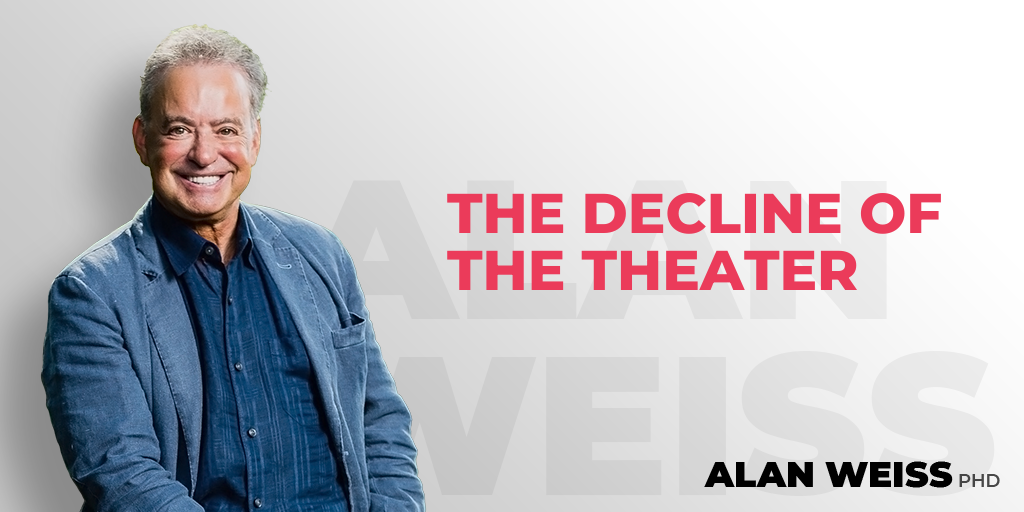Theater Review: The Rant
Rhode Island is blessed with outstanding regional theater. One of them GAMM, is now home to The Rant, a gripping play by Andrew Case.
Case has a fascinating background, having spent ten years investigating police misconduct for New York City. His play begins with an anguished monologue by an African-American woman whose son has been killed on her porch, supposedly by a white police sergeant. I say “supposedly” because in this Rashomon-like, multi-narrative, everyone lies: the mother, the civilian investigator of police misconduct, the newspaper reporter she trusts to help expose “the truth,” and the black police officer also involved that evening. (The sergeant never appears in the performance.)
I anticipated a simple morality play about black youth being killed by police for no reason. But this complex story is represented best by one of its own lines: “Sometimes, the truth is biased.” All four characters lie to support their version of the “truth.” Things are never simple. At one point the black officer accuses the white investigator of typical white bias.
“I’m not white, I’m Persian,” she informs him.
“Oh, please,” he says, and the audience roared in a small hallway of humor within a house of somber pain.
Three of the actors are superb and the play works despite dreadful direction from Tyler Dobrowsky. Tony Estrella, GAMM’s artistic director, and one of the finest actors I’ve ever seen, plays the reporter, but in a frenzied, over-active manner that suggests some kind of narcotic high. Kym Gomes as the mother and Amos Hamrick as the officer are both excellent. (Interestingly, neither is an Equity actor but they are the best of the evening.) Nikki Massed as the investigator is simply out of her class, her entire range of emotion being represented by bulging eyes.
The direction is horribly wrong. Estrella is constantly in motion, a machine gun of lines. Massoud is continually fidgeting with folders while conversing with others, as if there is no other diversion possible or they’re afraid to just let her deliver lines standing still. GAMM is a theater of about 150 seats, and Dobrowskky frequently has everyone shouting—LOUDLY—to the point that the dialogue is incomprehensible—and I was in the front row. The forcefulness makes sense dramatically, but the audience has to be able to hear the words pragmatically. It’s often impossible.
Finally, the direction suffers from the “lack of breathing effect.” I saw “Speed the Plow” on Broadway by the illustrious David Mamet, whose writing I greatly respect. I asked my son, an acting coach, why it didn’t seem to ring true that night.
“Because,” he explained, “the actors aren’t breathing. The repartee is too fast, no one can think that fast, be that clever, unless they think about their reality. They’re not even taking the time to breathe between lines.”
That’s the problem with this production, the to-and-fro is too fast, talking over each other, rapidly responding in an attempt to portray raw emotion. But emotion sometimes is expressed in hesitation, thought, and careful articulation. It’s not constantly a barrage of words racing through a particle accelerator.
Despite the misinformed direction, the play is an astounding accomplishment and seeing it somewhat imperfectly performed is still a great night at the theater.






